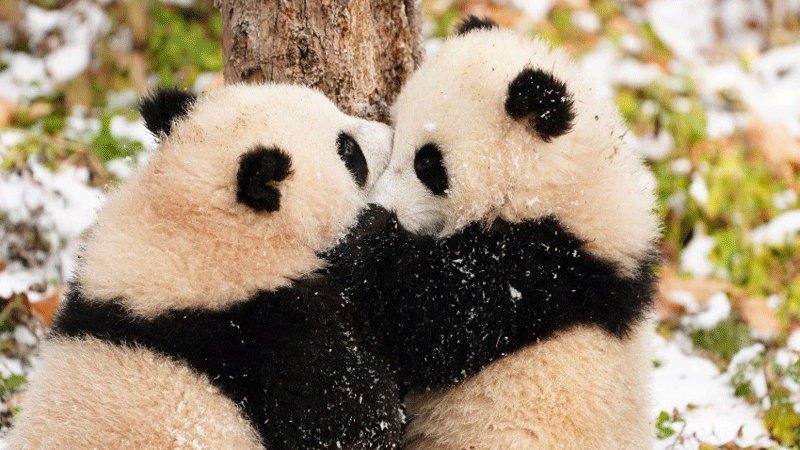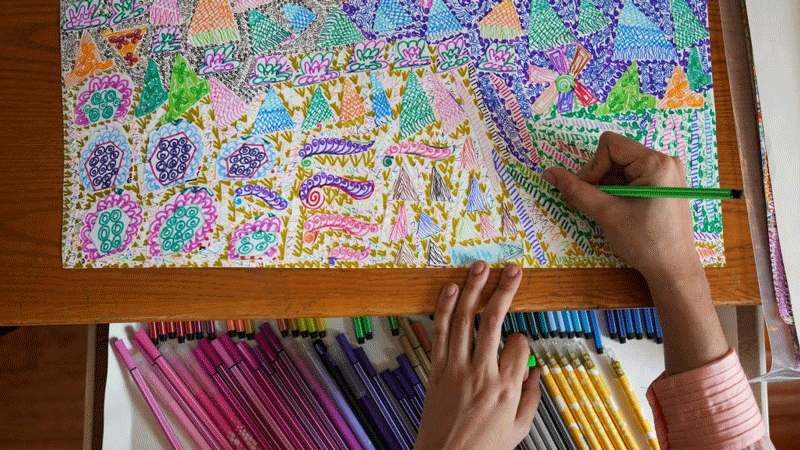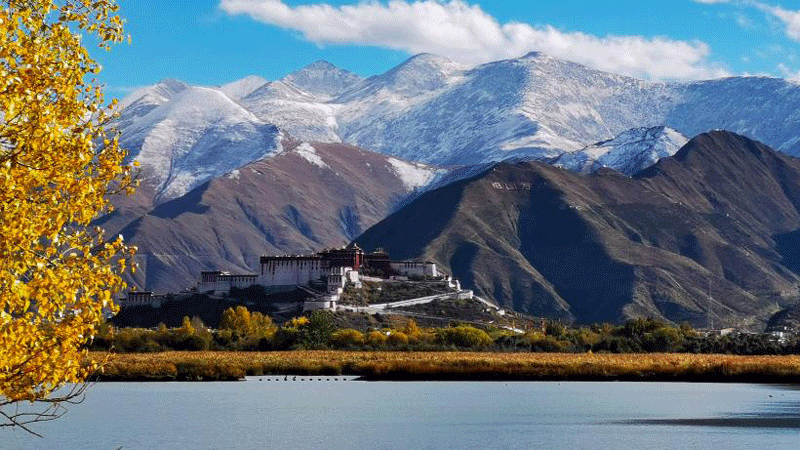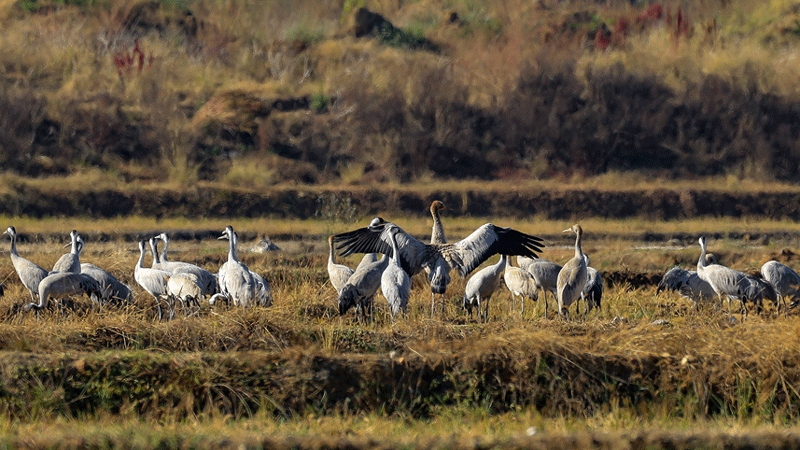More European astronauts learn Chinese for better space cooperation with China
BEIJING, Nov. 25 (Xinhua) -- As China is exploring space at a faster pace, Europe is expecting expanding cooperation with China.
Hoping for a better future career, many European astronauts have begun learning Chinese, and showed great interests in the Chinese culture.
CHANTING CHINESE VERSES IN SPACE
"Looking up, I see the immensity of the cosmos; bowing my head, I look at the multitude of the world. The gaze flies, the heart expands, the joy of the senses can reach its peak, and indeed, this is true happiness," Italian astronaut Samantha Cristoforetti tweeted in mid-October during her stay in the International Space Station (ISS), quoting from Lantingji Xu, a Chinese literature classic of the fourth century, to describe her feelings in space.
Cristoforetti is a member of the European Space Agency (ESA) working group, who speaks Chinese very well. She is responsible for liaising with her Chinese counterpart.
Cristoforetti tweeted the verses from Lantingji Xu in Chinese with translations in Italian and English, as well as three photos taken in space of China's Bohai Bay and the view of China's capital Beijing. The post quickly went viral.
In fact, her connections with China go beyond space. In 2019, she came to China and gave a lecture at the Beijing Institute of Technology. As the first Italian female astronaut in space, she was looked up to as a role model by the students, especially female ones, who are all future engineers.
"You are building a powerhouse for the future of aerospace engineering," She encouraged them.
A CHINESE DRAGON LOVER
Thomas Pesquet is another ESA astronaut who has an affinity for China. He is one of the most famous European astronauts, also a major influencer on social media.
The French astronaut speaks six languages, including Chinese. On the eve of the year 2021, he shared his knowledge about culture of the Chinese New Year on Twitter. "The Chinese New Year starts 12 February (in 2021 according to the traditional Chinese calendar) and is celebrated with 'the dragon' (in emoji), my favorite mythical creature now."
In November 2021, Pesquet and three other astronauts aboard the SpaceX Crew Dragon, arrived at the ISS.
Pesquet was sent to the ISS for the first time in November 2016 for the Proxima mission. The next day after he took off, the Chinese manned space mission Shenzhou-11 landed. The French astronaut "crossed paths" with two Chinese taikonauts, Jing Haipeng and Chen Dong, who then recorded a short video for the ESA and especially for Pesquet, to greet his departure for the ISS.
When three Chinese taikonauts on the Shenzhou-12 mission joined the Chinese space station (CSS) in mid-June 2021, Pesquet posted a congratulatory message on the image-hosting website Flicker -- "The population of humans in space grew by 43 percent ... all human spaceflight is an incredibly impressive achievement, congratulations!" -- with photos of China taken from space.
THE "HEAVENLY HORSE" FLYING IN SPACE
German spaceman Matthias Maurer is also an active ESA participant in Sino-European cooperation. He has been learning Chinese for years with the intention of working better with his Chinese counterparts in the Chinese station, he told Xinhua in 2018.
His Chinese name Ma Tian is chosen by himself, "which means 'heavenly horse'" according to his Chinese teacher.
He and Cristoforetti both participated in a sea survival exercise organized by the Astronaut Center of China in 2017, the first joint training of Chinese and foreign astronauts together in China.
Maurer said China has a lot of advantages such as its own rockets, capsules and a space station. "I want to participate in both European and non-European experiments there. Also (to) build a live video connection so that the European public can talk with the European astronauts in the CSS and see inside," Maurer said.
Training and living with 16 other Chinese astronauts, he felt like "being part of a family."
"I would expect to do any type of work and take the same responsibility as any Chinese astronaut in CSS," he said, noting that the cooperation is a "win-win."
Maurer is a believer in the strength of cooperation for the future of space activities. "Once we look beyond Earth orbit to the Moon or Mars, we need all the partners we can find on this planet ... the more we have in the 'family,' the better we will become," he has once said.
Photos
Related Stories
- Taikonaut Chen Dong sets China's record for longest stay in space
- China issues 10 science challenges in astronautics
- China promotes int'l cooperation on remote sensing data services
- China aims to establish new global partnership in space exploration, innovation: CNSA
- China, UN promote new space exploration partnership
- China prepares to launch Shenzhou-15 crewed spaceship
Copyright © 2022 People's Daily Online. All Rights Reserved.









